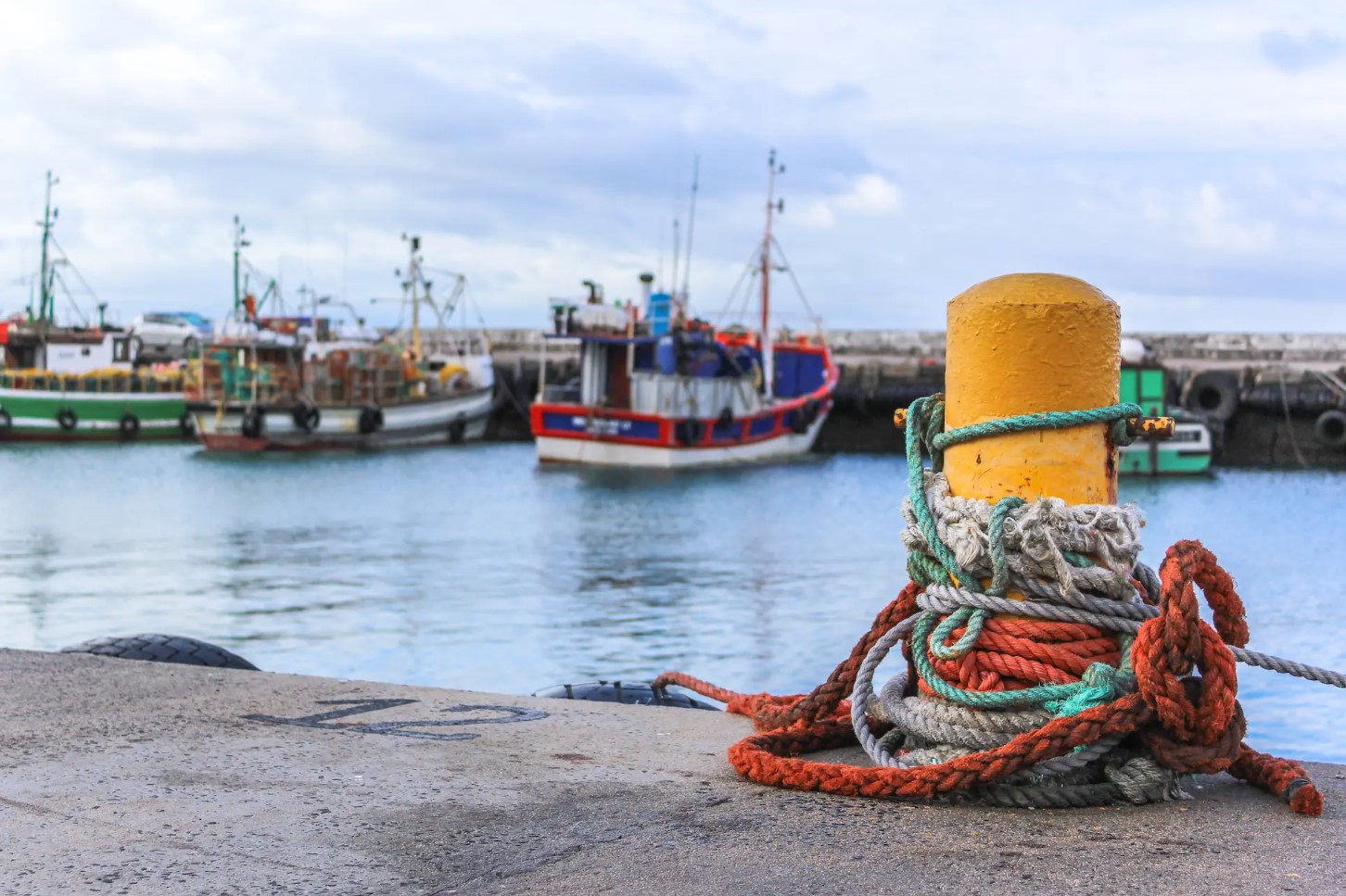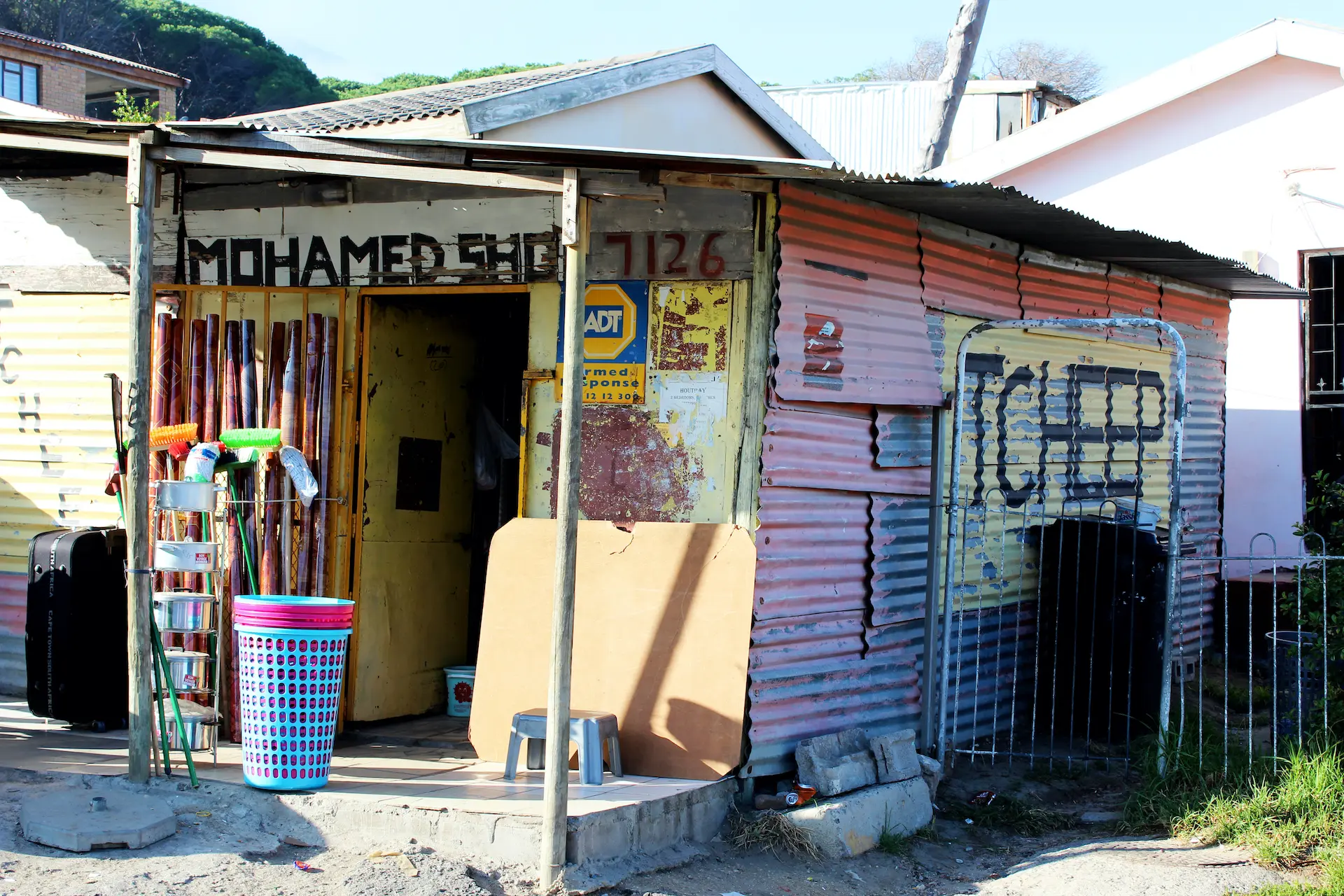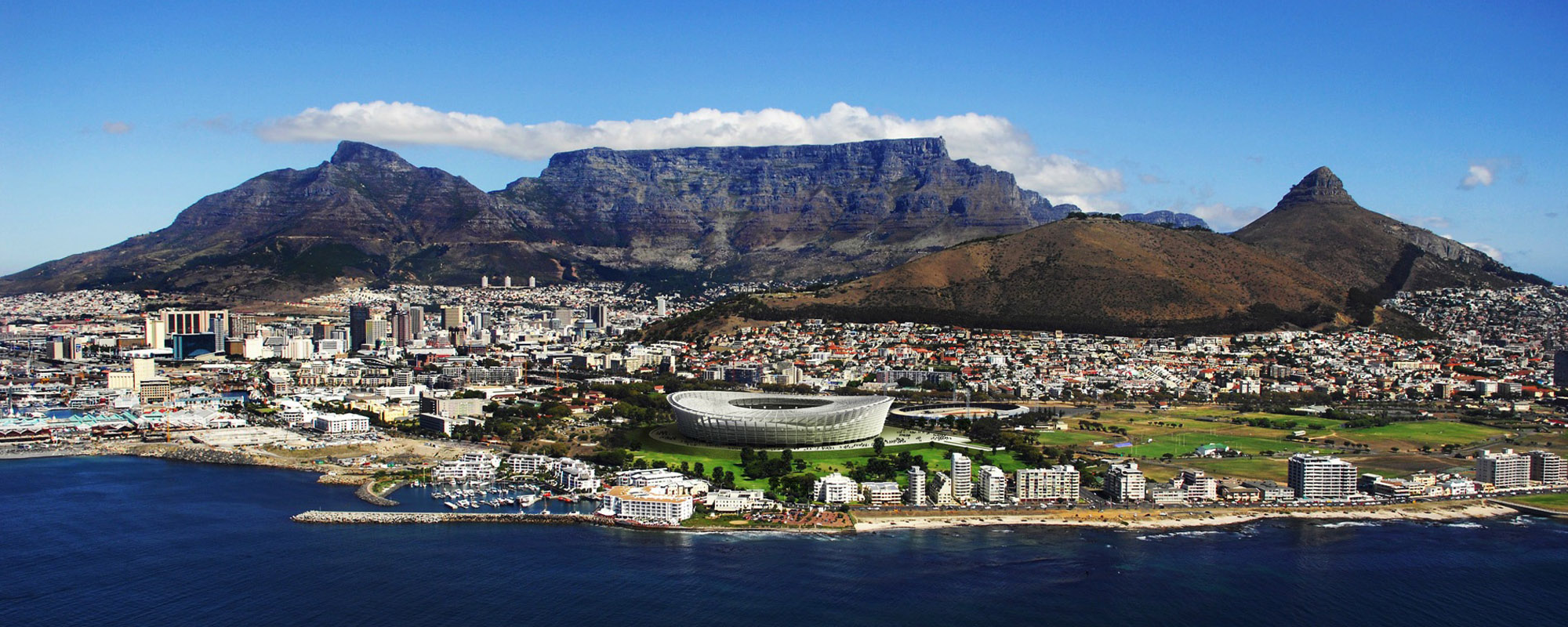Cape Town
A GUIDE FOR PHOTOGRAPHERS
Also known as The Mother City, Cape Town is a very special city indeed, especially when it comes to the locations and photo opportunities that it presents throughout the year.
The wonderful landscapes, vibrant culture, inspired architecture and a huge array of natural subject matter, not found in any other city in the world, Cape Town has it all.
We always recommend adding Cape Town to either the start or the end of any safari itinerary to offer a different view of the African continent and an opportunity to relax and take things a little slower.
Photographic Highlights
Cape Town offers everything for the keen photographer who enjoys other photographic disciplines as well as wildlife photography. There is plenty of landscape, seascape, architectural, cultural, macro, street, art……the list goes on. All the below are possible throughout the year.
For keen birders, we also have a couple of specialist trips to birding photography hotspots and on occasion, boat trips out to see the pelagic seabirds.
There are iconic photographs to be taken such as a view of Table Mountain across Table Bay at sunset.
The brightly coloured houses of the Muslim quarter, Bo Kaap.
Nelson Mandela’s cell on Robben Island.
The table cloth on Table Mountain taken from Signal Hill.
The colourful fishing boats and fish market in Kalk Bay.
Cape Dutch vineyards in the wine regions of Franschhoek and Stellenbosch.
The penguins at Boulders Beach.
The street art of Observatory and Woodstock.
Tours of a local Informal settlement (aka township).
Flowers and sunbirds in Kistenbosch Gardens.
Photo Safari Activities in Cape Town
Day Trips in and around Cape Town
We have partnered with an excellent touring company in Cape Town called Escape and Explore who run all of our day tours.
They retain the services of some of the best guides in the city each with excellent skills and knowledge. We only offer private tours with them in air-conditioned minivans and the itineraries are designed specifically for what you would like to see and photograph.
Before you travel to Cape Town we will ask you what you would like to see and do and the guides will design an itinerary that not only suits you but also takes you to the right places at the right time. This gives you total flexibility and the ability to switch and change on the fly if you so wish.
Escape and Explore have several photographic guides on their staff. They have also travelled to The Chobe and understand the way we work up there to continue the experience.


Specialist Trips
If there is something, in particular, you want to see and photograph we are more than happy to arrange a specialist trip for you to get that shot.
This could be up to Namaqualand for example for the daisies or even further afield to Oudtshoorn, in the Karroo, to see some Meerkats.
More Info
There is plenty of wildlife in and around Cape Town although perhaps not as large as would have been seen in Botswana.
Table Mountain is reported to have around 8200 plant species and is populated by several mammal species such as Rock Hyrax (Dassies), Caracal, Mongoose and some smaller antelope such as Grysbok.
It really is the plant life that is the drawcard however and the bird species that it attracts. On the southern slopes of Table Mountain sits Kirstenbosch Botanical Gardens, a world heritage site, which is well with a visit especially in the springtime from September to November.
Last but not least Cape Town is a great place to see the colonies of Jackass Penguins situated on the shores of False Bay (45 mins from the city center) at Boulder’s Beach.
If you are visiting Cape Town in October and November there is some of the best land-based whale watching to be had down the coast in Hermanus when large numbers of Southern Right Whales pass by.
In September the desert-like landscape of the Namaqualand, up the west coast, bursts into life and is carpeted with brightly coloured daisies. The timing is always a bit hit and miss, due to rainfall, but September is always a pretty safe bet.
Cape Town sits at the most South Westerly point of the African Continent. A common misconception is that it is the southern tip of Africa but that is in fact Cape Aghulas or Cape of Good Hope which is a three-hour drive to the East. It is at this point that, officially speaking, The Indian and Atlantic Oceans meet.
There are two currents, however, that meet just offshore from Cape Town – the colder Benguela coming from the South and the warmer Aghulas current from the Indian Ocean. The meeting of these two currents gives Cape Town a far more Mediterranean climate than the rest of South Africa’s provinces and the neighbouring countries like Botswana.
The difference with the Mediterranean though is the reversal of the seasons with Cape Town’s drier and hotter Summer being between October and March.
That said, the weather in Cape Town is very changeable and the locals often refer to the phenomenon of experiencing four seasons in one day!
Cape Town is dominated by the magnificent Table Mountain. The mountain itself is a National Park. With the right climatic conditions, it is possible to witness and photograph the clouds rolling off the front of the mountain known as the table cloth!
Air
Cape Town is a well-connected tourism hub with daily flights from most countries/regions either straight into the City or connecting via Johannesburg. There are daily, direct, flights from Victoria Falls and Maun (the gateway to The Okavango Delta). One lesser-known route is the daily Kenyan Airways flight from Nairobi to Cape Town via Victoria Falls allowing you to add cape Town easily to a safari in East Africa too.
Land
If you are feeling adventurous you could opt for a long self-drive safari from Botswana down to Cape Town via Namibia for example. This will need plenty of time but will be a trip of a lifetime!
When in Cape Town a popular self-drive trip is up the Garden Route to Port Elizabeth which can be done in as little as a day but normally 2-4 at a leisurely pace. The roads are excellent and hire cars widely available with plenty of accommodation options along the way.
Cape Town is very much an all-year destination. Bear in mind that the wettest and potentially windiest days will be in July and August to the sweet spots for adding Cape Town to a Botswana safari tend to be in the Spring (October and November) and Autumn/Fall (March to May).
Even in Winter though Cape Town can have spells of warm summery weather. The daytime temperature never really dips below 12c in the middle of winter and can be as warm as 40c in the height of summer. Luckily as the city is on the coast it is a dry heat rather than the humidity of cities like Durban on the Indian ocean.
